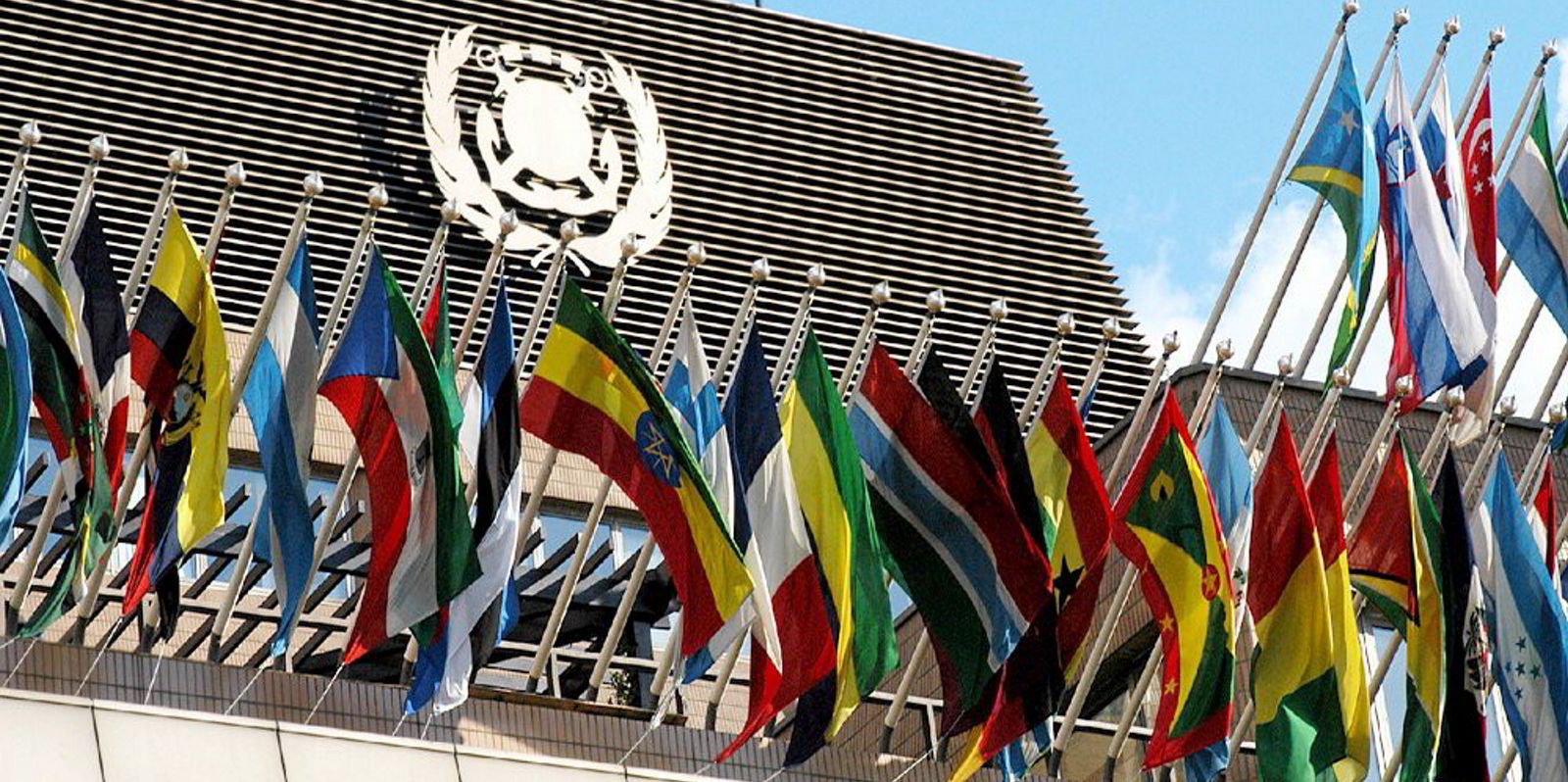Environmental lobby groups have criticised the International Maritime Organization’s decarbonisation strategy as inadequate, despite more countries committing to zero emissions by 2050 at a key environmental gathering.
Last week’s Marine Environmental Protection Committee (MEPC) meeting saw momentum growing behind proposals to revise the IMO’s initial strategy and aim to decarbonise shipping by 2050.
IMO secretary general Kitack Lim said he was “encouraged by the commitment to finalise the revision of the initial strategy”.
The IMO is to establish meetings over the next year with a view to adopting the higher target next year.
In a joint statement, several environmental groups said the increased backing to decarbonise shipping by 2050 was “encouraging”.
But they said that to keep global warming to the Paris Agreement target of 1.5°C, the IMO should be aiming to halve global greenhouse gas emissions by 2030, and achieving zero emissions by 2040.
“States are now talking about ending ship climate emissions by 2050, but years of inaction mean that target is no longer good enough,” Clean Shipping Coalition’s John Maggs said.
Pacific Environment’s John Gamble said too much time had been spent negotiating an initial target that did not go far enough.
“After wasting precious time with an initial greenhouse gas reduction strategy that was completely inadequate, the IMO now finally seems poised to raise its level of ambition, but, again, it’s too little too late,” he said.
The groups also want the IMO to raise the carbon intensity indicator (CII) targets, which set operational efficiency standards for ships from 2023, to 7% and cut black carbon emissions in the Arctic.
‘Snail’s pace’
Lucy Gilliam, of Seas at Risk, said: “There are steps we can take to reduce emissions from shipping now but sadly we are moving at barely snail’s pace. We urgently need to raise ambition and align our strategy to truly meet 1.5C and ensure the poorest are not left behind in this transition. It’s high time for all hands on deck to tackle the multiple crises we face.”
Among other developments at the IMO last week, it was agreed the Mediterranean could become an emission control area in 2024 with strict limits on SOx emissions.
Final adjustments to the CII regulation, which will be enforced from next year, were also approved.






